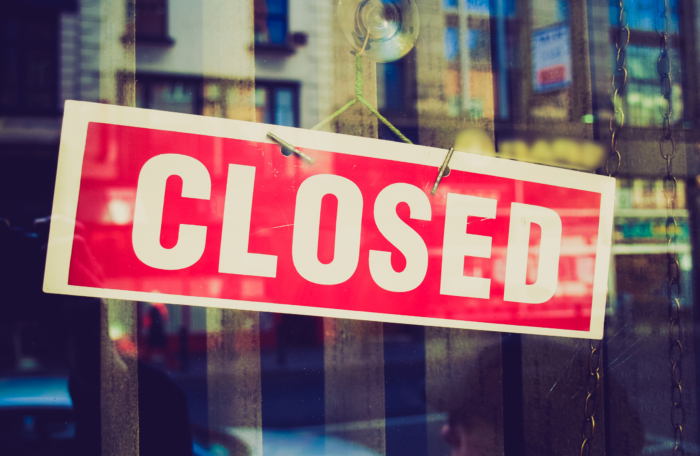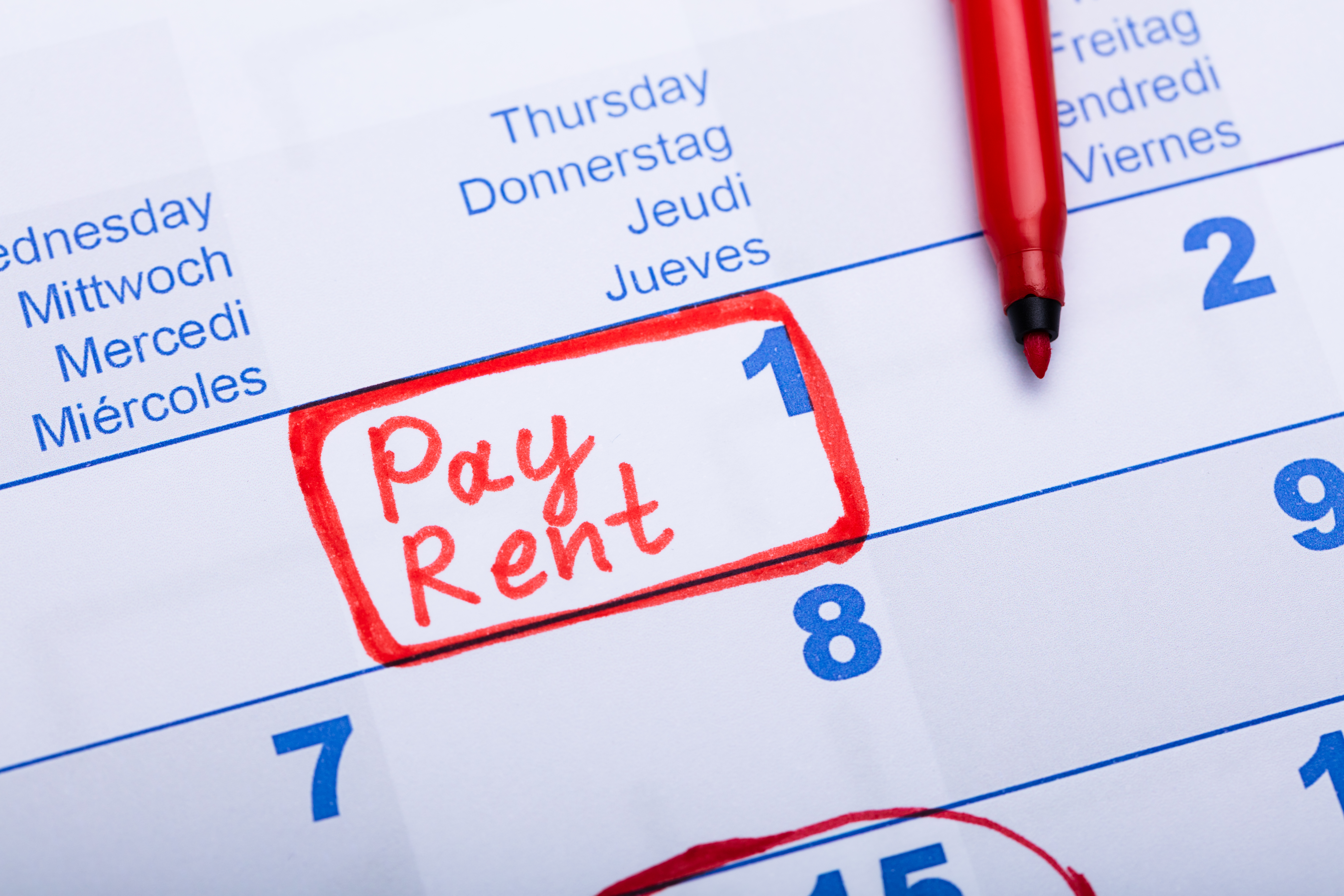How many New England governors really issued “stay home” orders?
Here’s a surprise. In New England, only the Republican governors of New Hampshire and Vermont have issued COVID-19 executive orders that direct all individuals to stay home unless otherwise allowed to go out.
That finding comes from a review of all of the New England governors’ executive orders that restrict travel and business activity.
To try to “flatten the curve” and reduce COVID-19 transmissions, New England governors have taken similar approaches, with some notable differences.
Though Massachusetts and Connecticut are listed by several news organizations as having issued “stay home” orders, Govs. Charlie Baker and Ned Lamont have issued “stay at home” advisories, not orders.
The governors of Rhode Island and Maine have ordered non-essential businesses to close, but the closest they got to a stay-home order came in Rhode Island Gov. Gina Raimondo’s March 22 executive order that closed non-essential businesses.
“All business services personnel that can work from home are required to do so,” it states.
Business closures
Business closures and limitations on gathering size are the primary methods by which New England governors have restricted people’s mobility.
All New England governors have divided businesses and non-profits into “essential” and “non-essential” categories and have ordered non-essential businesses to close.
And all have banned gatherings of more than 10 people. (Conn. Gov. Ned Lamont on Thursday limited gatherings to five people.)
Every governor created a long list of essential businesses, which makes these orders far less strict than they at first appear.
So many businesses are listed as essential that it would be shorter to list the types of businesses required to close (as Maine’s order did) than to list those allowed to stay open.
Late this week, Massachusetts and Rhode Island added additional travel restrictions. Rhode Island’s Raimondo ordered anyone traveling into the state from New York State to quarantine for 14 days. Massachusetts’ Baker asked everyone traveling into the state to quarantine for 14 days.
New Hampshire has not attempted to limit cross-border travel. Though Gov. Sununu has issued a stay home order, it contains numerous exceptions. And the list of essential businesses (here) is long.
Tradeoffs
Maine Gov. Janet Mills, an aggressive regulator during the legislative session, has been the least aggressive issuer of COVID-19 executive orders in New England. On Tuesday she ordered non-essential businesses closed but has resisted many other orders, including a stay home or shelter in place order.
Mills explained her reluctance to issue a stay-home order by saying at her Tuesday press conference, “there are public health risks to people staying in place as well as public health risks to people not staying in place. We want everyone to be cautious and courageous at the same time.”
Governors clearly were weighing lots of potential unintended consequences and tradeoffs. One consideration was whether people would stay home without being told.
Cell phone data show that New Englanders were already starting to stay closer to home before more restrictive orders were issued.
A COVID-19 social distancing scoreboard created by data analytics firm Unacast, which monitors cell phone GPS data, shows that most New England states experienced a sharp decline in miles traveled throughout March.
New Hampshire was one of only a few states to receive an “A” rating for achieving at least a 40% reduction in miles traveled by March 23. Vermont also got an A. Maine was rated the worst in New England, with a decline of only 26%.
Unacast’s data show that, nationally, miles traveled declined sharply until last weekend, when they flattened and rose again. It’s possible that the expectation of more restrictions caused a short-term increase in travel, perhaps for shopping or to enjoy a last gasp of personal freedom before settling inside.
That might have happened in New Jersey. That state’s shelter-in-place order was issued on March 21. The state quickly saw a V-shaped spike in miles traveled after the order.
Limited action
The big takeaway is that every New England governor has tried to balance competing values and impose the least restrictive orders that might achieve the desired results. Their differences are largely a matter of degree. And that indicates a broad bipartisan consensus that even when trying to fight a deadly contagion, tradeoffs have to be made and government coercion limited.
The orders




I am observing and taking in what is going on, receiving information from doctors and other sources outside the media (I don’t watch television or listen to the radio) and I am anticipating that all the to-do will not end well for Liberty.
Yesterday I had some interesting experiences at the various stores where I shopped. The cashier at Hobby Lobby in Claremont said they were probably going to have to close and how many people would be hurt by losing their jobs and incomes. Later, I went to Walmart (my last resort when I can’t find what I’m looking for elsewhere), and I noticed that they carry quite a few of the same items that Hobby Lobby carries. After mulling the data over for a while, I realized that this order is going to serve to help Walmart at Hobby Lobby’s expense. Hobby Lobby will have to continue paying their expenses, without the income to support it – lease/rent or property taxes, unavoidable overhead expenses, etc., but because they offer only a specific type of products, they (as a company) as well as their individual employees who also have bills and living expenses, must suffer the loss. Yet Walmart will remain open because they have a grocery store side, so they are considered “essential.” No doubt people will continue to shop there for “nonessential” items too. It seems to me to be a case of unintended consequences. (At least I HOPE they are unintended…). It might be better to allow stores to stay open so there will be a less dense concentration of people all in one place. If people could shop at Hobby Lobby, many would. Now some/many will get some of those items at the biggest store in town, which wants to provide all things for all people.
Meanwhile, I am following (among others) Dr. David Brownstein’s blog posts. He is usually an occasional blogger, but this has lit a fire under him and he is blogging more than ever before. Interesting stuff: https://www.drbrownstein.com/coronavirus-xii:-the-good-news-is-still-there/?unapproved=132310&moderation-hash=66c7659c317022a9bbbc59b4ce3e09a7#comment-132310
A book I just heard about which sounds VERY appropriate for these times:
Crisis and Leviathan by Robert Higgs
From the Mises website description of the book: “This seminal treatise in the history of ideas demonstrates what has come to be known as the Higgs thesis: that government grows in periods of crisis, for example, war and depression. He demonstrates this with a detailed look at twentieth century economic history.
Higgs’s thesis is so compelling that it has become the dominant paradigm for understanding the so-called ratchet effect: government grows during crisis and then retrenches afterwards, but not to the same level as before.
This book is absolutely essential for anyone who seeks to understand the dynamics of government growth and the loss of liberty.”
https://mises.org/library/crisis-and-leviathan-0
Maybe a ban should be placed on purchasing non-essentials, even from stores that are allowed to remain open because they sell “essentials.” That would level the field somewhat for the local stores, but then it would be online sellers who ship products that would receive preferential treatment.
Maybe all purchasing of non-essentials, from all sources, should be banned.